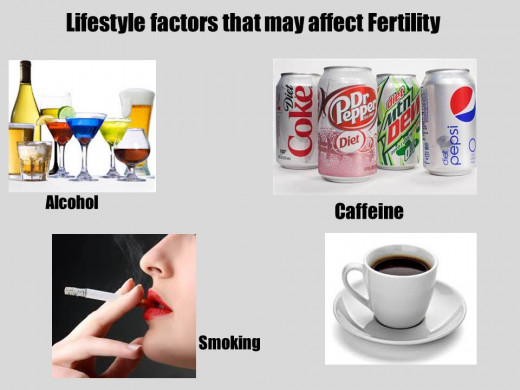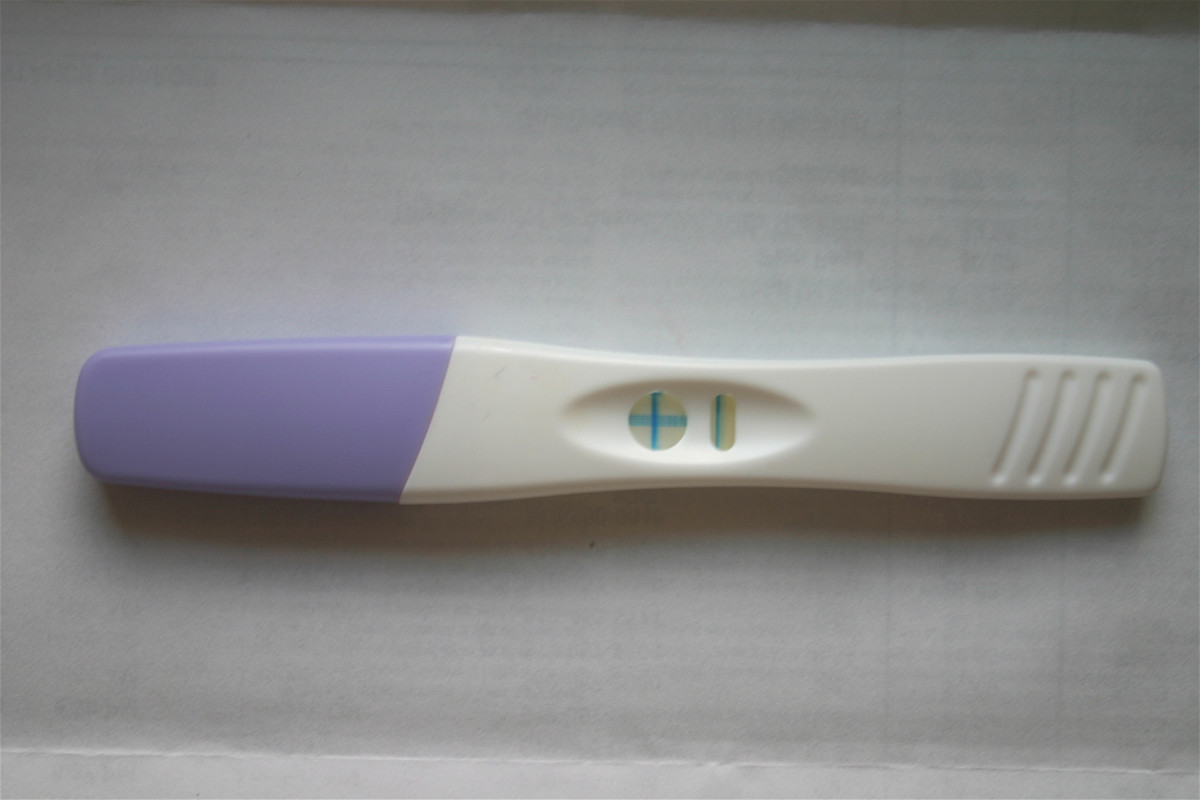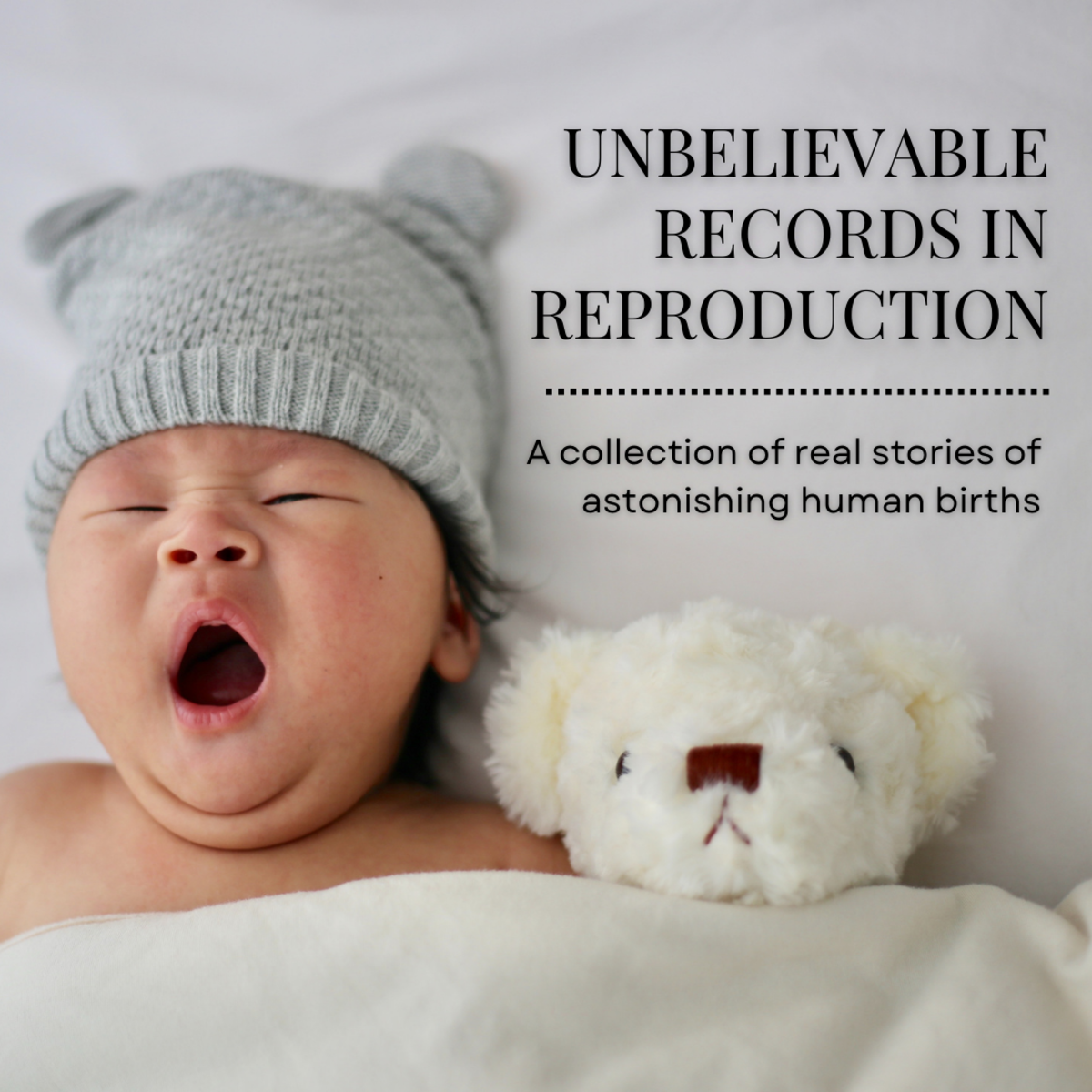Getting Pregnant- Why Does It Seem So Difficult These Days?

It seems over the last ten years there is a rise in infertility. Is the mystery of why so many people are having fertility problems not an issue of science but of sociology? These days a college degree is not enough, people are going back for master’s degrees and doctorates. For most people this is pushing back the other major life changes- getting married, buying homes, and having children. The ideal situation for having children is when financial stability is achieved. It is hard to achieve when people have multiple, expensive student loans to pay off on top of their normal bills. But is that the only cause for increased problems with fertility- the age of the potential parents or is there something else going on with fertility these days? The latest statistics from the American Pregnancy Association state that one in six couples have fertility issues. This means even with close friends it can be a tough subject to bring up- the question ‘When are you going to have kids?’ is no longer appropriate because you never know about their fertility status. This seems drastic to be compensated for by merely the idea that people are putting off pregnancy until later in life.
Negative Contributors to Fertility
Environmental
| Disease History
| Other
|
|---|---|---|
Radiation
| Cancer
| Age
|
Lead
| Thyroid Disease
| Prescription Drugs
|
Mercury
| Sexually Transmitted Diseases
| Body Weight
|
Pesticides
| Reproductive Organ Diseases
|
Reproductive Organ Diseases include Polycystic Ovarian Disease (PCOD) and Endometriosis.

The definition of infertility varies depending on which country or organization you ask. In the US, infertility is defined as not being able to get pregnant after a year of trying without using any contraceptives, in the UK this is bumped up to 2 years which is consistent with the World Health Organization's definition as well. Speaking of age- these definitions above are based on women under the age of 35 (in most cases women over the age of 35 are defined as infertile after 6 months of trying without contraceptives). Male-factor infertility is the root of the problem is about 40% of cases, while 40% of the time it is female-factor caused, with the remaining 20% a combination of the two. For the purposes of this article let's focus on the ladies.
Besides the major age factor, the other likely cohorts to this problem are environmental factors and the broad category of health. Health includes disease history and prescription medicines- the most obvious potential conflict is contraceptive agents (birth control) for women. Weight is also included in the health category-according to the CDC, as of 2011, a third of Americans are obese-this could definitely be a contributing factor. The other side to the weight issue is underweight, as this can also contribute to pregnancy difficulties. Also there is alcohol intake, caffeine consumption, and smoking to consider as well. Disease-wise, cancer and thyroid conditions are on the rise. People undergoing radiation and/or chemotherapy are advised of their potential infertility after the process. Sperm-banking is a much more reasonable option when this treatment involves a man. For the fairer sex, extraction and cryopreservation of their eggs is a much more involved process. Thyroid dysfunction/disease seems a likely contributor to this overall fertility puzzle as there does seem to be a rise in it in the past few years. Both hyper- or hypothyroidism in females can prove problematic for getting and staying pregnant.
Infertility on the Rise- Is the environment the cause?
I’ve always been curious about the link between birth control-specifically oral contraceptives (OCs) for women- and the recent theory of increase in fertility problems. My theory was always that there must be a connection even if the data doesn’t yet support this idea. However an article published in 2007 by Judith Reichman shows the contrary. A European study mentioned in this article showed that females who have been on birth control for short term and longer, long term being denoted as more than 24 months, had the same pregnancy rates as women who never used OCs. Women go on birth control for one of two reasons (or in some case both). The first and obvious reason is the woman does not wish to get pregnant, but the other reason is because the woman has difficult periods. Difficult being unbearable cramps or irregular timing/consistency of the actual period. This writer of the mentioned article brings up a clever point as to why this theory of increased fertility problems is linked to OCs. Females that go on OCs for problem periods most likely have underlying ovulation problems, which will unfortunately fully illustrate themselves when the woman is attempting to get pregnant. This may confuse the issue that being on an OC leads to problems with fertility, while in reality the problem not only existed before taking the medicine, but was the reason why taking the medicine was suggested.

An interesting study to conduct based on this idea, would be to have two populations of women representing the two separate reasons for going on OC. Then the study would follow these women after they go off the pill and attempt to get pregnant. A study of this design would document pregnancy rates of women who went on contraceptive agents as a means of birth control, and compare the rates to women who went on the pill to ease and/or regulate their troublesome periods. Then both of these groups would be compared to pregnancy rates in women who were never on the pill. This type of study would either link or unlink oral contraceptives usage to infertility.
Currently 10% of couples are infertile, on average 25% of couples get pregnant on the first try, 60% get pregnant within 6 months, and 80% of couples get pregnant within a year of trying.
Perhaps the reason why infertility seems to be on the rise is because our culture has become a more open environment to discuss health problems. Nowadays you can't turn the television on or flip through a magazine without pharmaceutical drug advertisments. With these come a more open venue to discuss disease. As well reproductive technology has allowed for In Vitro Fertility (IVF)techniques, and maybe this has helped people discuss their infertility more so in these current years than ever before. Certainly use of Assisted Reproductive Technology is on the rise over the past ten years as reported by the CDC (Centers for Disease Control). But that doesn't really answer the question of whether infertility itself is increasing. Seeking treatment and being diagnosed with a condition are not one and the same. Based on a report by the CDC infertility doesn't seem to have increased much in the past 30 years, but this is a huge oversimplification on my part because interpreting the results isn't exactly easy with the varying definitions of infertility and the different age brackets looked at, and so on.
Infertility on the Rise- Skewed Perception?
In summary there are a lot of factors working against us these days in terms of getting and staying pregnant. It seems all a person needs to do to ensure fertility success, is not be overweight or underweight, don’t drink or smoke, and try not to get any diseases where infertility may be a complication of the disease itself or the treatment for it. Also try not be exposed to any harmful environmental factors. Also people should have children when they are in their early twenties and are the most financially instable. Easy enough right? Sarcasm aside, all of these factors collectively are the answer to whether there is an increase in fertility problems seen in the recent years. This rise may largely be attributed to age at time of attempted conception, but it could also have to do other factors as well. It is worth mentioning that many of these factors are two-fold, lifestyle factors such as weight and alcohol consumption can negatively affect both the female and male. The silver lining is at least some of these factors, like these lifestyle ones, can be minimized.








